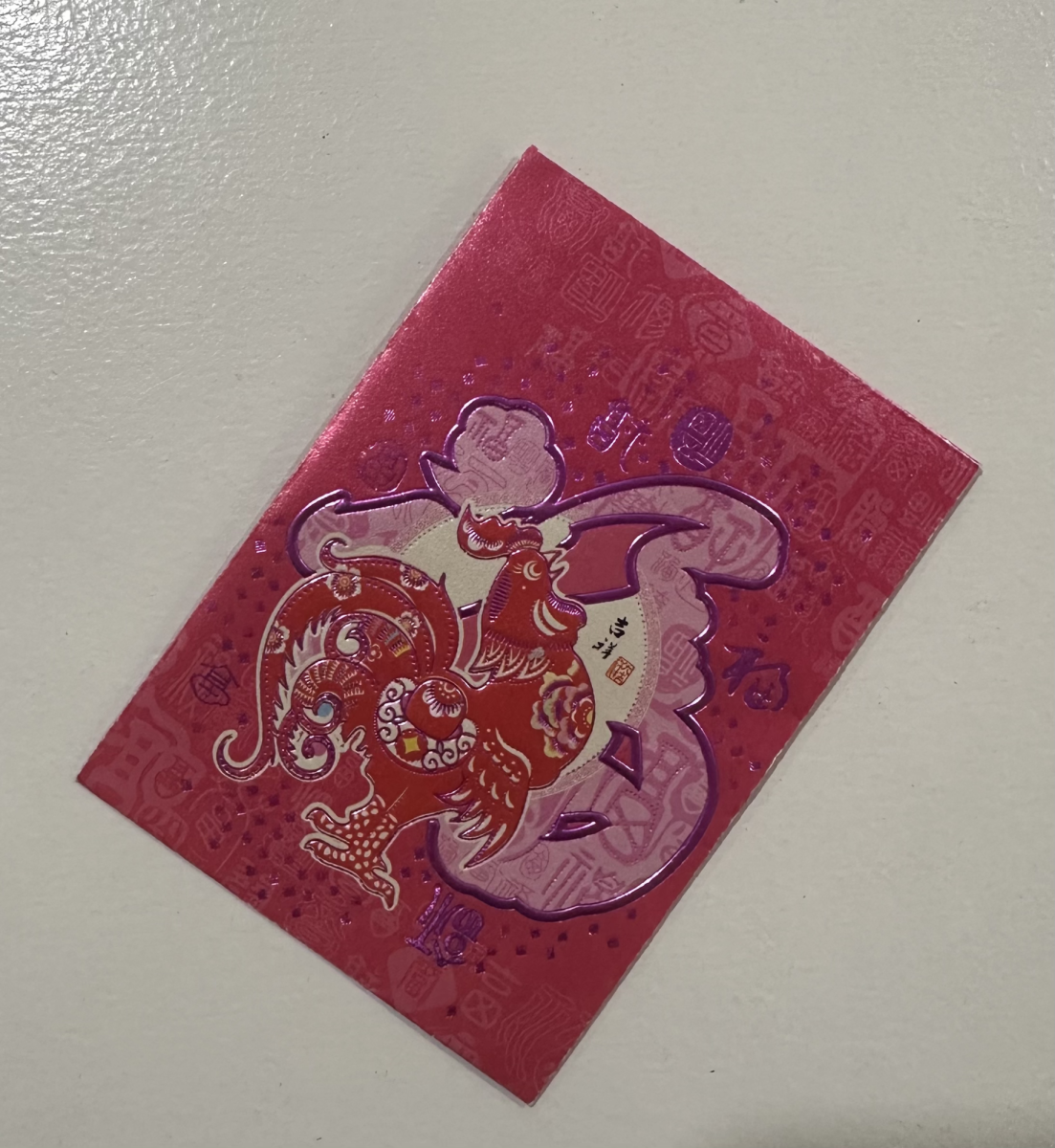On February 10, Chinese New Year, also known as Lunar New Year, will officially start, a 15-day festival that often includes family reunions, dragon dances, red envelopes, and consumption of traditional foods. More fundamentally, Chinese New Year is celebrated by letting go of the old and bad and welcoming the new and good things to come. In 2024, the Chinese zodiac changes to the dragon, representing charismatic and gifted individuals in Chinese culture.
Among the most widespread celebrations during Chinese New Year are its dragon dances, deeply rooted in Chinese culture. Dancers hold poles connected to a long piece of cloth that resembles a dragon which the dancers manipulate to mimic the movements of a dragon. Accompanying dancing, loud drums, cymbals, and gongs are added to complement the dragon’s movement. The purpose of the Chinese dragon dances is to turn away evil spirits while simultaneously bringing in good luck.
Kids love watching the dragon dances, but they also enjoy receiving money from others. During Chinese New Year, family members gift children and the elderly with bright red envelopes filled with money inside of them. The envelopes are a bright red color because they symbolize “energy, happiness, and good luck in Chinese cultures,” a reflection of Chinese culture further evident in the “beautiful Chinese calligraphy and symbols” with which the envelopes are decorated (Cindy, 2024). These red envelopes, also known as “hóngbāo,” bring joy to the recipients but also reinforce the familial bonds that are central to Chinese culture.
Chinese New Year is also a time for indulging in traditional Chinese dishes. Traditional Chinese foods often include dumplings, fried rice, and proteins such as duck or pork. Mayflower Restaurant and Koi Palace are two traditional restaurants in Dublin that serve dim sum (small Cantonese dishes), an important staple of Chinese culture. However, these restaurants are often packed during Chinese New Year, so if you want to enjoy Chinese delicacies, it is important to come early to the restaurants.
In China, Chinese New Year is the most important holiday, and it is widely celebrated throughout the world. It is a time for people to get rid of the old and bad while welcoming the new and good. Through elaborate customs, Chinese New Year fosters a sense of joy and unity within communities worldwide. As families come together to honor traditions, the Chinese New Year serves as a reminder of the Chinese values of harmony, wisdom, and loyalty.




































